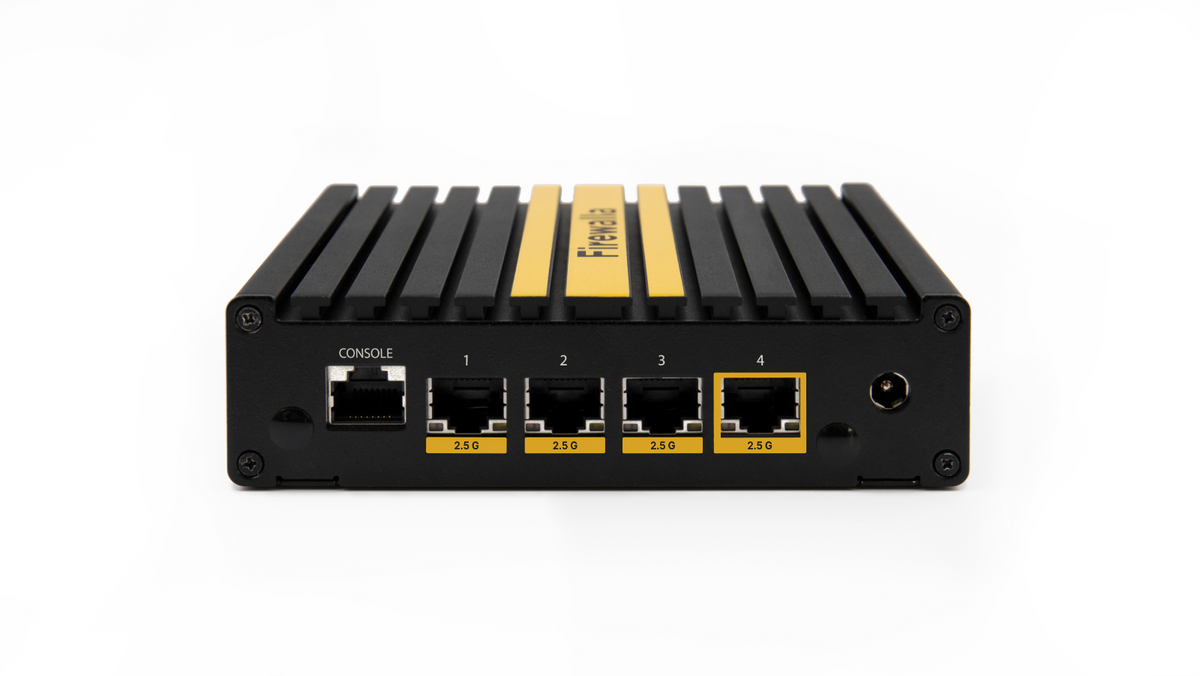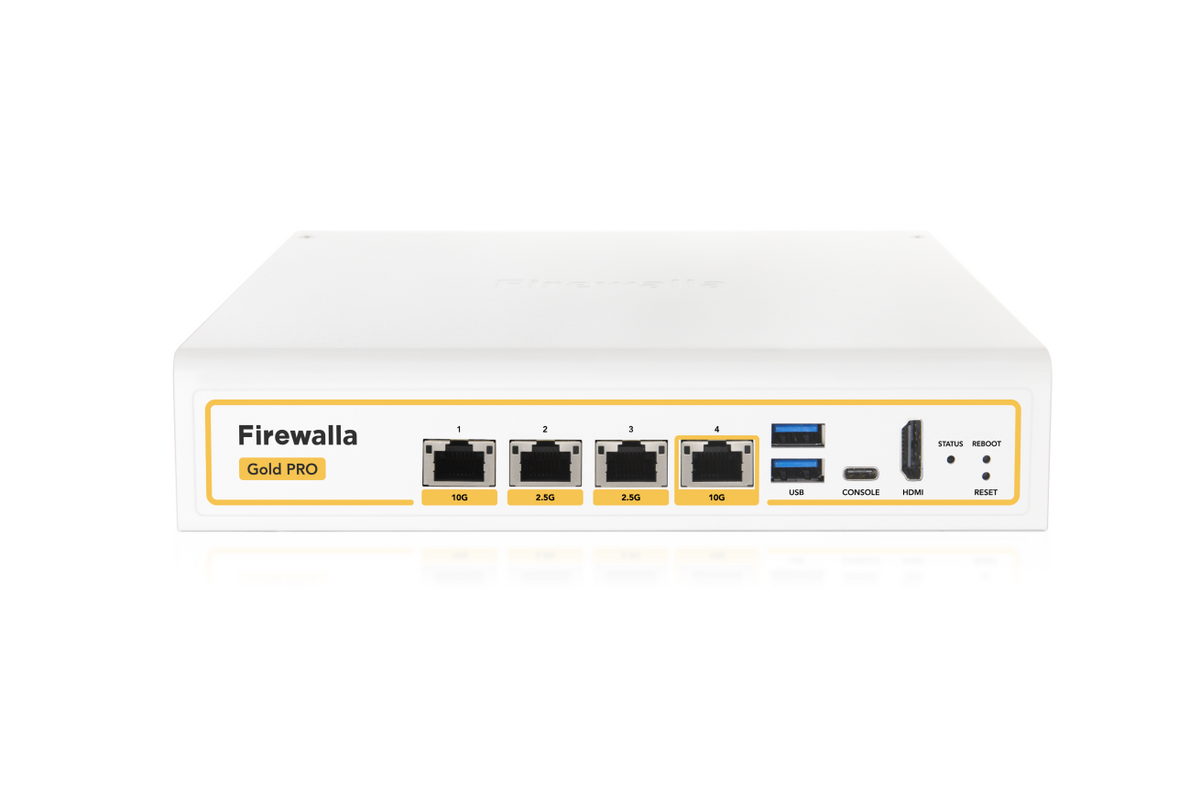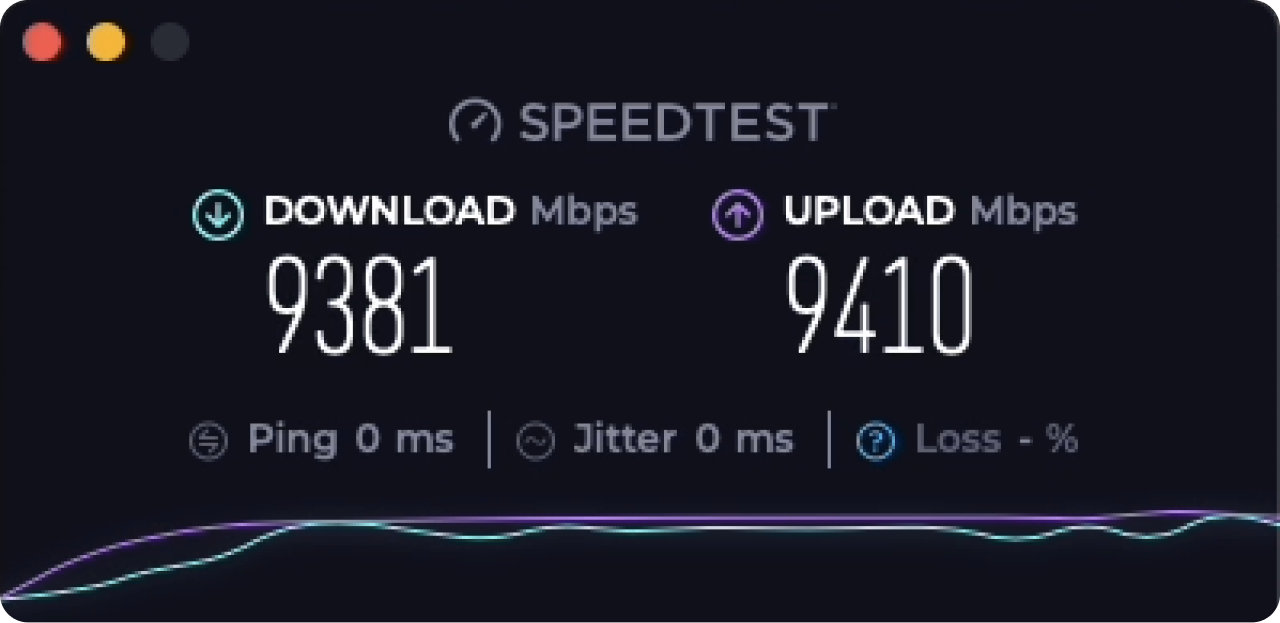- Jun 15, 2023
- 226
That have lowest attack surface (secure software implementation - memory safety - not many unneeded functionalities) and many years of security updates.
The ASUS firmware with AiProtection isn't enough? Merlin releases will always lag behind Asus firmware, when there's a critical security bugs that need to be fixed.Any ASUS with Merlin firmware can be a good start.
Routers which are marketed to businesses are probably the most secure because they tend to have more years of firmware updates. Draytek would be an example. They do tend to be more expensive however.
Alternatively, you could protect your router with a hardware firewall. Firewalla products are made for home users and seem to get positive reviews.
That have lowest attack surface (secure software implementation - memory safety - not many unneeded functionalities) and many years of security updates.
I believe these hardware firewalls (with malware and IoT protection) are connected using LAN cables. Do they have 10Gbps LAN ports? Otherwise they'll be bottleneck in my 10Gbps setup

@Bot got it right including Ubiquity (& Unifi is about half the cost of Cisco).Router Manufacturers with a Good Track Record for Security:
- Asus: Known for routers that support AiProtection (powered by Trend Micro), which offers built-in security features and regular updates. Asus also allows for third-party firmware installations for users who prefer that.
- Netgear: Offers a line of routers with Netgear Armor, a security suite powered by Bitdefender. They also provide regular firmware updates.
- Google Nest Wifi: Google provides security updates automatically to their router devices, and their system is designed with multiple layers of security.
- Synology: While better known for their NAS products, Synology routers have a good reputation for security and receive regular software updates.
- Cisco: Offers a range of routers that are generally aimed at enterprise customers but are known for their security features and robust firmware updates.
- Ubiquiti Networks: Their UniFi series is designed with advanced security features and is suitable for both businesses and tech-savvy home users.
I believe these hardware firewalls (with malware and IoT protection) are connected using LAN cables. Do they have 10Gbps LAN ports? Otherwise they'll be bottleneck in my 10Gbps setup

The former is confusing as it's exactly what it's about as the latter which is more on point, is exactly what negates that.It's less about attack surface for routers because all hardware has bugs. it's more about how long it takes for vendors to patch bugs/exploits.
Firewalla is releasing a 10Gbps version..

Firewalla Gold Pro: 10G Cyber Security Firewall & Router Protecting Your Family and Business (Pre-Sale)
Powered by The Firewalla Security Stack Deep Insight helps you see the network at up to 10+ Gigabits per second with 2x 10Gbit Interfaces and 2x 2.5Gbit interfaces. Control your network with intrusion prevention (IPS) and network segmentation, adding virtual walls around your connected devices...firewalla.com


